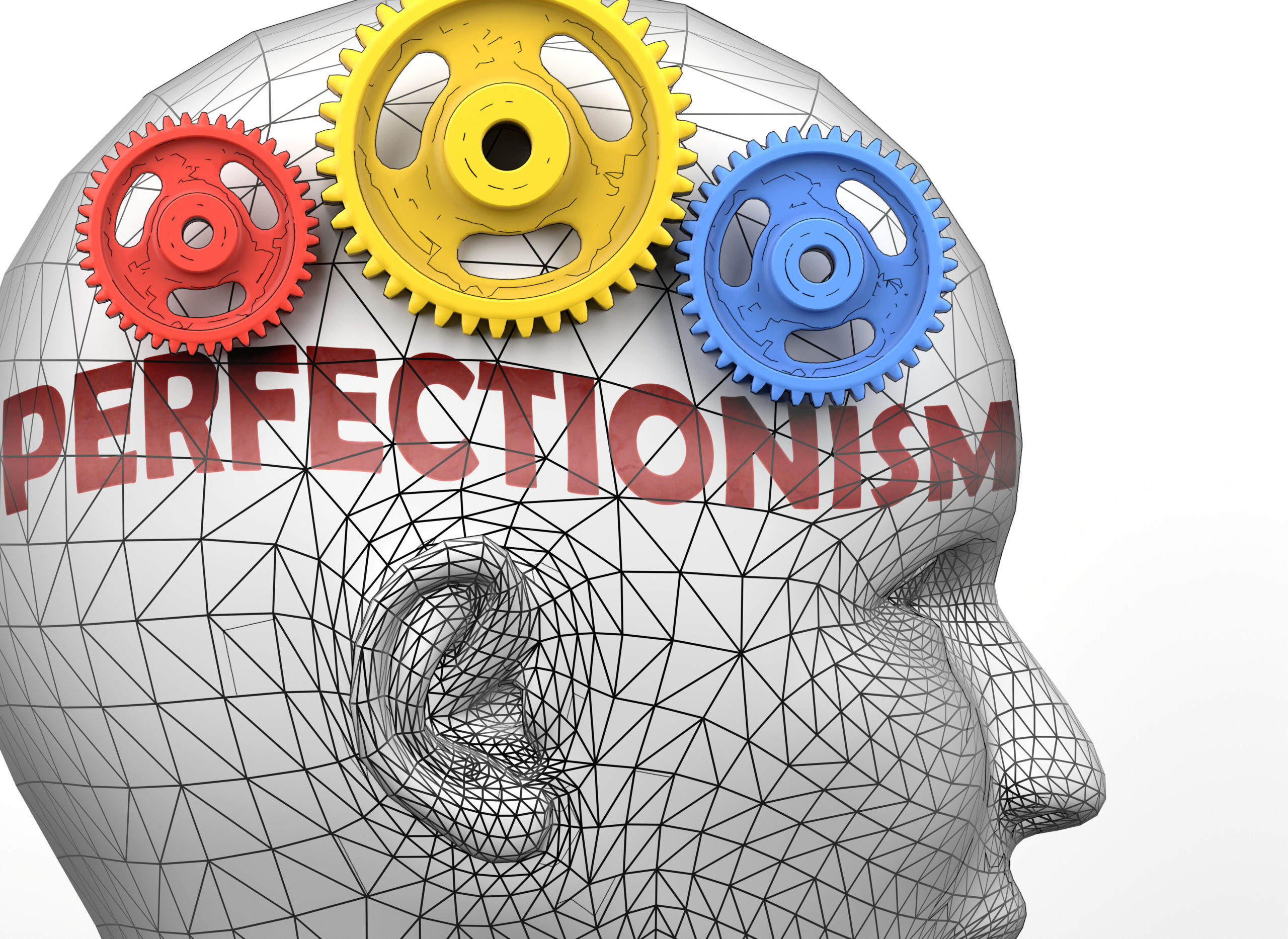The Truth About Perfectionism

We live in a society that values things that appear perfect. Architects can draw the perfect straight line, mathematicians can solve an equation with a perfect calculation, and a chocolate cake can be perfectly moist. But as human beings we aren’t likely to reach a state of perfection because we are always growing and changing.
Perfectionism vs Doing Our Best
Many people view perfectionism as a positive attribute. They believe the more “perfect” they are, the more success they will have in life. Striving for perfection is one thing – but basing one’s value as a human on being perfect is a recipe for struggle.
A healthier view is to strive to do your best on any given day. Some days our best is amazing – other days our best is merely average. Perfectionism assigns a pass or fail not only to our accomplishments but to our identity.
People with perfectionist tendencies often have self-defeating thoughts and/or behaviors that actually make it HARDER to achieve their goals, and increases feeling of stress, anxiety, and depression. Here’s how perfectionism can work against us.
How Perfectionism Works Against Us
Perfectionism can be paralyzing! Here’s how it gets in the way of good mental health:
It’s hard to start tasks or activities unless you feel you can complete them perfectly.
You focus on the end game – getting the task done – and miss out on the opportunities to learn, create, and enjoy the process. It’s the whole destination instead of the journey idea. It’s hard to have others help because your attitude can seem judgmental, controlling, and down-right annoying. People want to help but you won’t let them so not only are you frustrated, but they are too.
Doing the same task over and over because it’s not perfect. Things are hard to start and sometimes even harder to see as finished. Things take longer for a perfectionist to complete and can cause relationship and performance problems both at work and at home.
Getting Help
Perfectionism is hard and often leaves you feeling isolated, misunderstood, anxious and depressed. If you are ready to take a few steps to reduce the power of perfectionism, we can help. Here’s a few tips to try right now.
· SLOW DOWN! Procrastination begins with thoughts and feelings. Recognize when anxiety starts to build and use a few mantras to challenge the anxiety. It can sound like this:
o My goal is to enjoy what I do today.
o I’ll take a deep breath and just get started.
o I’ll work 30 minutes then take a break.
· Helpful books on reducing cognitive distortions like perfectionism include David Burns “Feeling Good – The New Mood Therapy” and “Mind Over Mood” by Greenberger and Pedesky.
· If you prefer hands-on help just give me a call at 850.450.7223. We’ll challenge perfectionism in gentle, compassionate ways and find alternatives so that you – and those around you – can enjoy this journey we’re all on together called life!
SOURCES:
